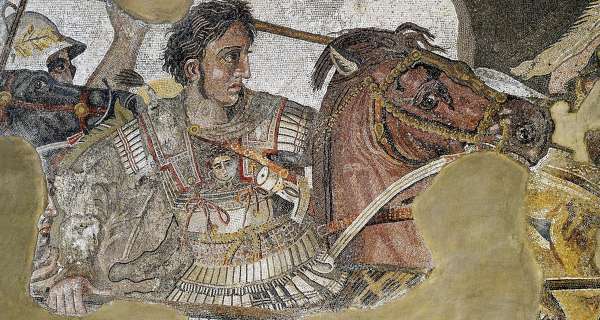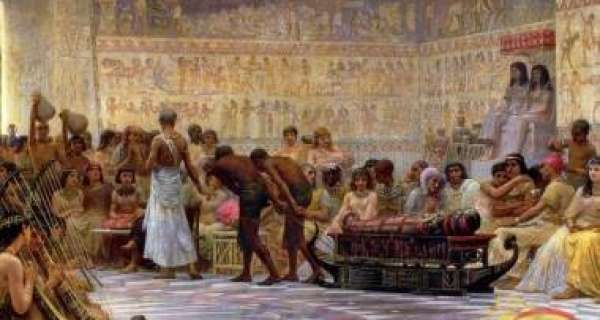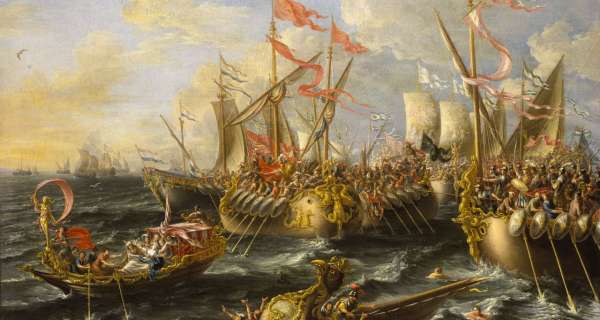empires Alexander was born in the northern Greek kingdom of Macedonia, in July 356 BC. His parents were Philip II, King of Macedon, and his wife Olympias. As a young child, he was tutored by the great philosopher, Aristotle. Aristotle taught a variety of subjects including philosophy, poetry, and ideas of government. To some extent, these ideas influenced Alexander when he was later governing conquered nations.
Alexander had a love of music and books when asked what is greatest possession was, Alexander, replied to Homer’s Iliad. However, he also had a ruthless nature which he displayed on being crowned King. Alexander soon moved to have all potential challengers killed (including his infant half-brother)- so he could be the undisputed King. When a friend was found guilty of treason, he also executed his innocent father (who had been a loyal general to Alexander).
On coming to the throne, Alexander united the warring factions in Greece, before leading his army into Persia. Although seemingly outnumbered, Alexander led his army to a decisive victory. It was said that during his reign, Alexander remained undefeated. After beating the Persians, Alexander led his faithful army further East until they came to the regions of Afghanistan and India. Again Alexander proved militarily successful and went onto establish cities in many different countries.
Although Alexander was ruthless in eliminating rivals to the throne, his treatment of occupied territories was remarkably progressive and tolerant. Alexander forbid his troops from raping and pillaging, but, established new democratic governments, incorporating the local customs of the area. He allowed religious tolerance for the different religious groups.
Alexander was famed for being an inspirational military leader. For a man seemingly invincible on the battlefield, he ironically died at the early age of 32. Alexander’s death came after suffering from a high fever, which lasted for 10 days. The cause of this fever is much disputed with some historians attributing it to poison, malaria, typhoid fever or other maladies. However, this 10-day fever is well documented and it is reported that thousands of members from his army passed by Alexander, whilst he lay in bed.














